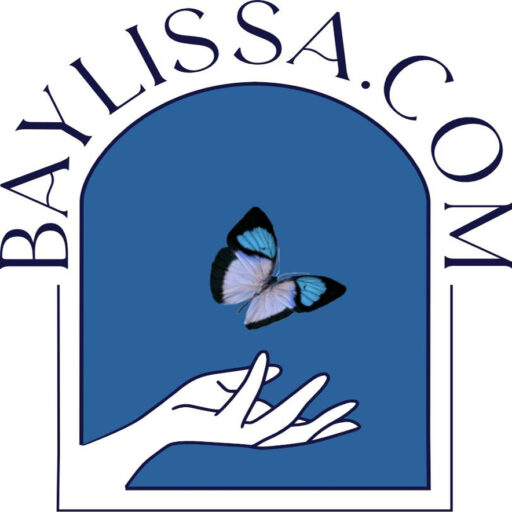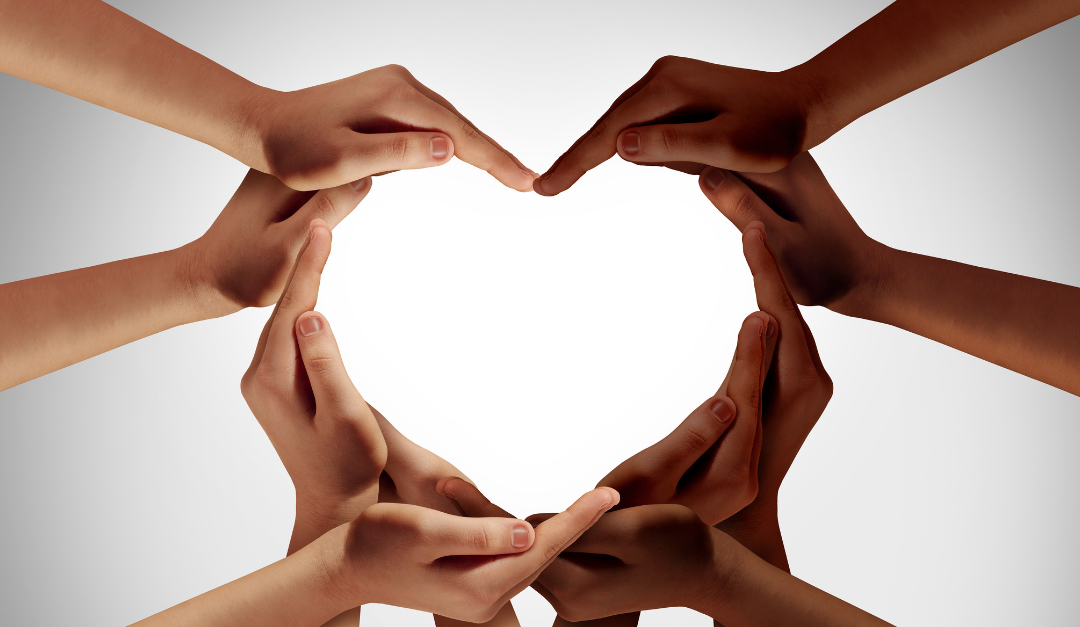In any supportive community, it is essential that members uplift and support one another. Unfortunately, there are times when unintentional harm occurs through comparison and judgement… a subtle form of gaslighting. This can happen when someone compares their situation to another’s, diminishing their experience and invalidating their struggles.
I cannot begin to tell you how often someone will express feeling unheard or invalidated because of being told, “I don’t think you are as bad as I am. You go on vacation, and I can’t do that,” or “You can’t be so ill if you can work.” Only recently someone posted on one of my vidoes, “She is a fraud. Was travelling internationally in her first year of ‘withdrawal’ lmao!” Of course, this is not true as everyone knows. I travelled back to the UK months before completing my taper and was housebound in the first year of withdrawal. But that comment is not important. I mention it here just as another example.
They will often make statements like these to the person, and it is not supportive in any way. Someone may post about a small victory and another person will comment that they are lucky to be able to do whatever it is, thus minimizing the person’s continuing struggles. While these statements may not be intended to harm, they can be deeply invalidating to the person on the receiving end.
Working While Healing
It is important to remember that everyone’s experience is unique. The severity of symptoms, the repercussions and types of challenges one faces, personal circumstances, all play a role in what someone can or cannot do. Just because one person can work or travel, or occasionally engage in social activities doesn’t mean they aren’t struggling or that their experience is less valid. Someone might not be able to work because of severe neurological pain and/or other symptoms such as akathisia or severe cognitive or psychological impairment and someone who is suffering just as intensely may find a way to work. I see this all the time.
I can recall one person who had five children and a wife who depended on him. He felt there was no way he could give up work. So, he would drive to work with the most severe symptoms, one of which was visual impairment: flashes and extremely large floaters which would render him almost blind at times and would come on without warning. When this happened, he could not see to drive. He would be on his way to work and would pull over and speak to me during those times. Oh, how he would cry! Fortunately, these were episodic, lasting an hour or two but they happened often. He would wait in his car until it eased, then continue on to his office. I have had people phoning me from under their desks, from stationery rooms, from restrooms, from a locked office while freaking out… you name it. Now, with the remote working option, more people are able to work. Please don’t judge or invalidate the experiences of people who work.
Why Comparison is Harmful
When we compare our struggles, we’re not only diminishing the experiences of people who are severely debilitated, we are also creating an environment where support is conditional. This kind of judgement can lead to feelings of isolation, frustration, and shame, as people may feel they need to justify their pain or downplay their achievements to fit the community’s perceived standards.
Additionally, gaslighting through comparison can create a divide within the community. Instead of fostering an environment where everyone feels heard and supported, it breeds resentment and distrust. People hesitate and begin to withhold their true feelings or experiences for fear of being judged or dismissed.
The Power of Validation
Validation is a powerful tool in any supportive community. When we validate another person’s experience, we acknowledge their reality without judgement. This doesn’t mean we have to agree with everything someone says or does, but it does mean we respect their perspective and feelings.
Validation can sound like:
- “I’m sorry to hear you are having such a difficult time. It sounds really tough.”
- “I can see how much you’re struggling. You are not alone and I’m here for you.”
- “Everyone’s journey is different, and what you’re experiencing is valid.”
These simple statements can make a world of difference to someone who feels misunderstood or dismissed.
How to be Supportive
To support others who are having similar (and different) experiences to yours, focus on empathy, understanding, and validation. Here are a few tips to keep in mind:
Listen without judgement: Allow others to share their experiences without comparing them to your own or others.
Avoid assumptions: Just because someone can do something you can’t, doesn’t mean they aren’t struggling in other ways.
Celebrate differences: Recognize that everyone’s journey is unique, and what works for one person may not work for another.
Practise empathy: Try to understand things from the other person’s perspective before making any judgements.
If you use these approaches, the person will feel supported, validated, and understood, regardless of individual circumstances.
In closing, please be mindful of how your words and actions impact others. Instead of comparing and judging, please… all of you… please continue to be supportive and uplift one another. After all, you are walking each other home. You are here for the same reason: to find understanding and support as you heal. May everyone’s experience be valued and respected.
Sending much love and compassion,


